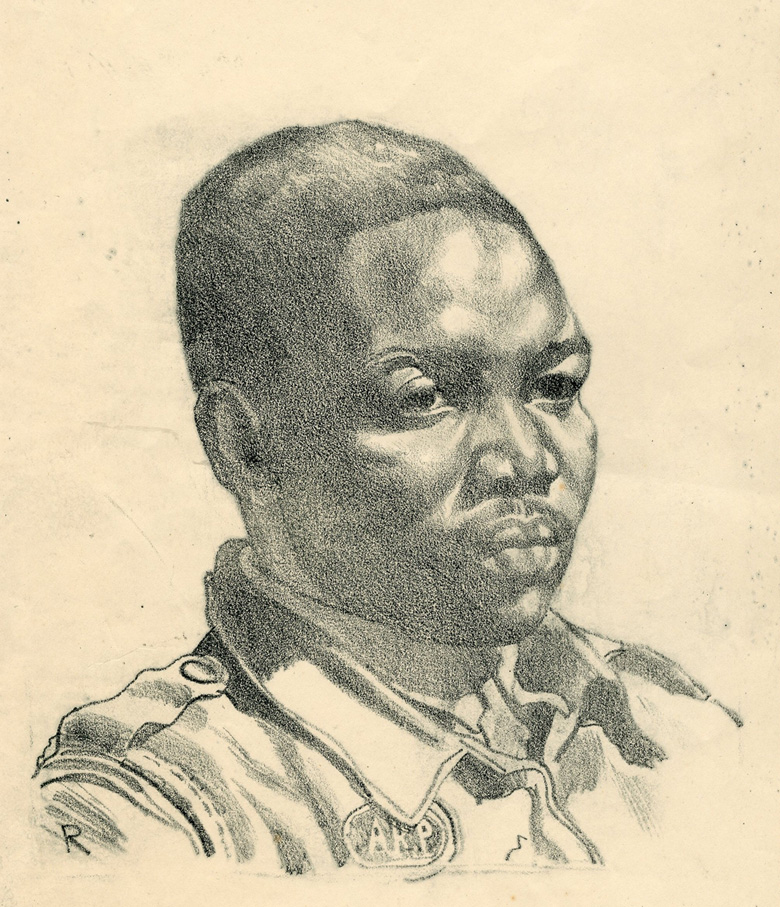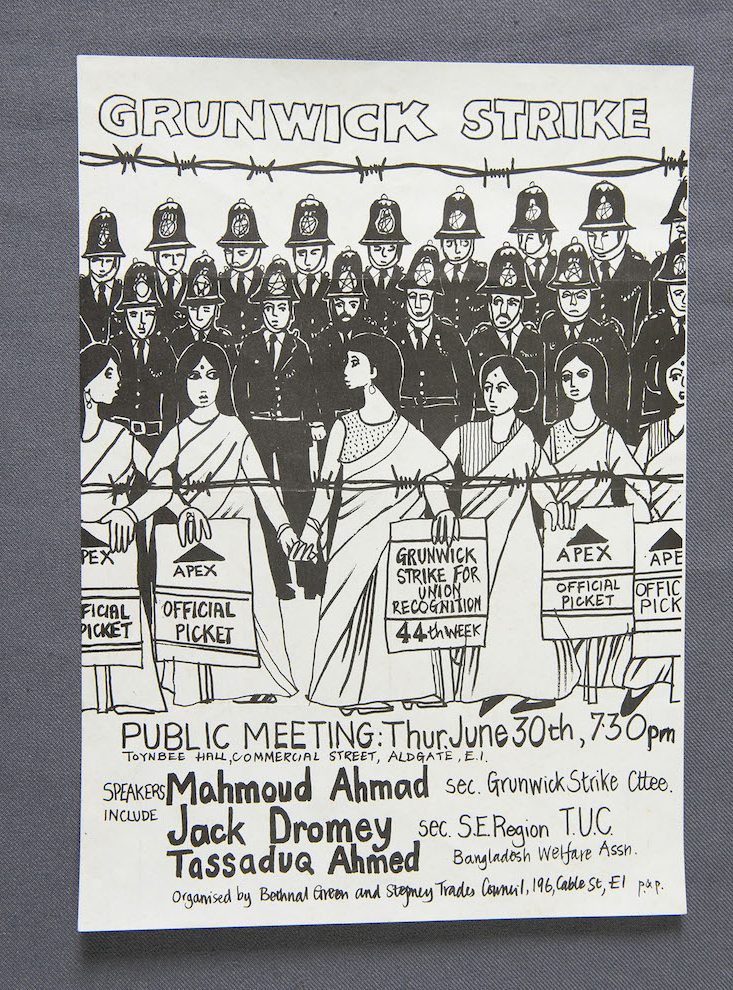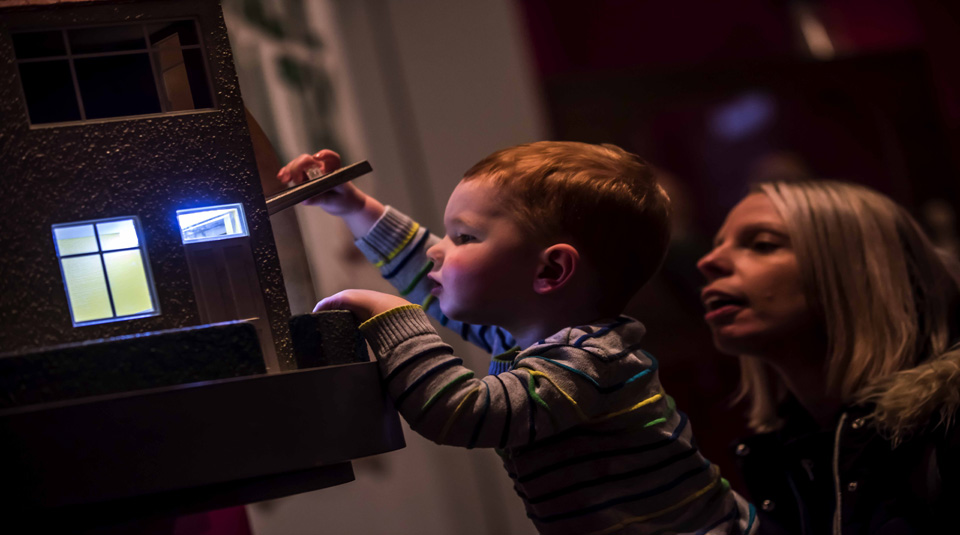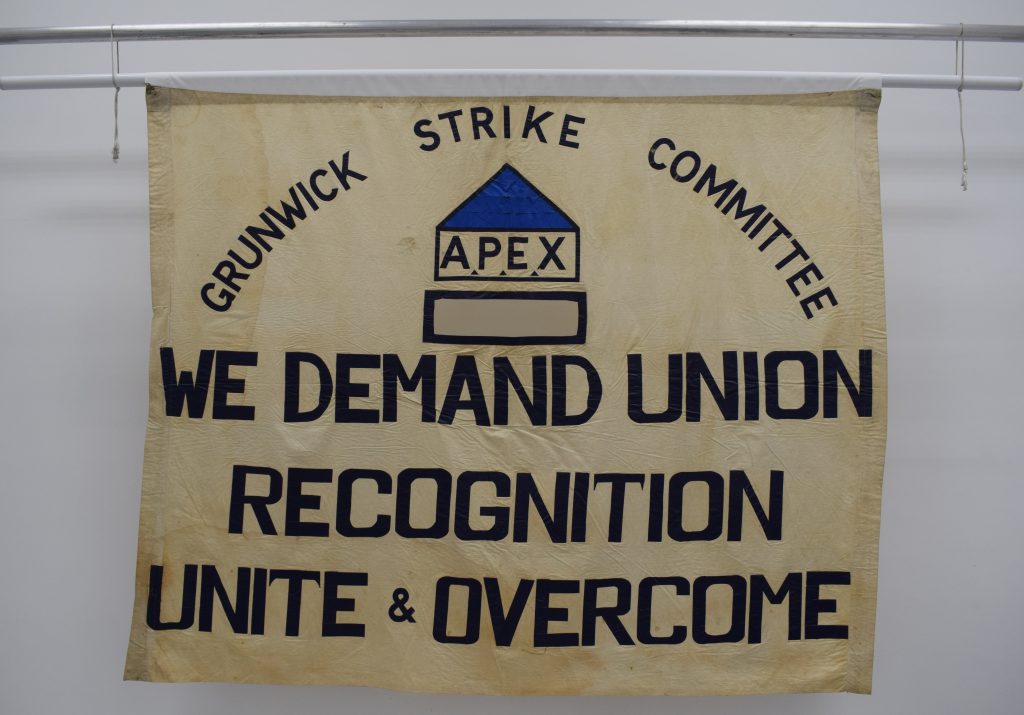PHM is the national museum of democracy, telling the story of its development in Britain: past, present, and future.
On this blog we share posts from the PHM team and other experts, with behind the scenes stories, coverage of PHM's exhibitions and events, and highlights from the museum's unique collection.

People’s History Museum’s Researcher Dr Shirin Hirsch takes a closer look at the history of migrant workers documented in the museum’s collection.

PHM’s Programme Officer, Zofia Kufeldt puts the spotlight on a Grunwick strike poster from 1977.

Whilst the museum is closed we’re taking the time to explore some of the treasures within our collection and their relevance today. This month we’re putting the spotlight on the ‘There Is No Planet B’ placard.

Here’s a selection of events, activities, and resources to keep you connected with the museum – at home and online.

People’s History Museum houses the world’s largest collection of trade union and political banners. In this month’s blog, our Conservator, Kloe Rumsey shines a light on the conservation work she undertook to prepare a previously unseen banner for our 2020 Banner Exhibition.